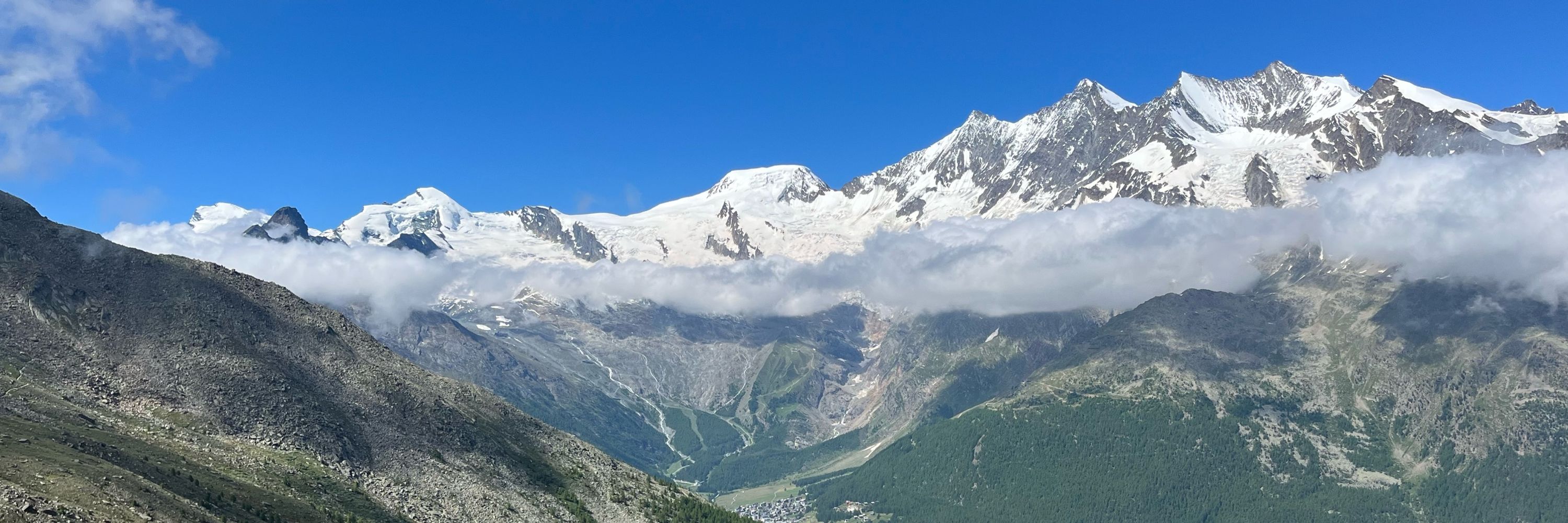
https://jesswilliams92.wixsite.com/mysite

www.linkedin.com/posts/lab4ag...

www.linkedin.com/posts/lab4ag...
Led by @tnewbold31.bsky.social. W/ @uottawa.ca PhD alum Peter Soroye.
#pollinators 🌎 🧪 🌐
onlinelibrary.wiley.com/doi/10.1111/...
Led by @tnewbold31.bsky.social. W/ @uottawa.ca PhD alum Peter Soroye.
#pollinators 🌎 🧪 🌐
onlinelibrary.wiley.com/doi/10.1111/...
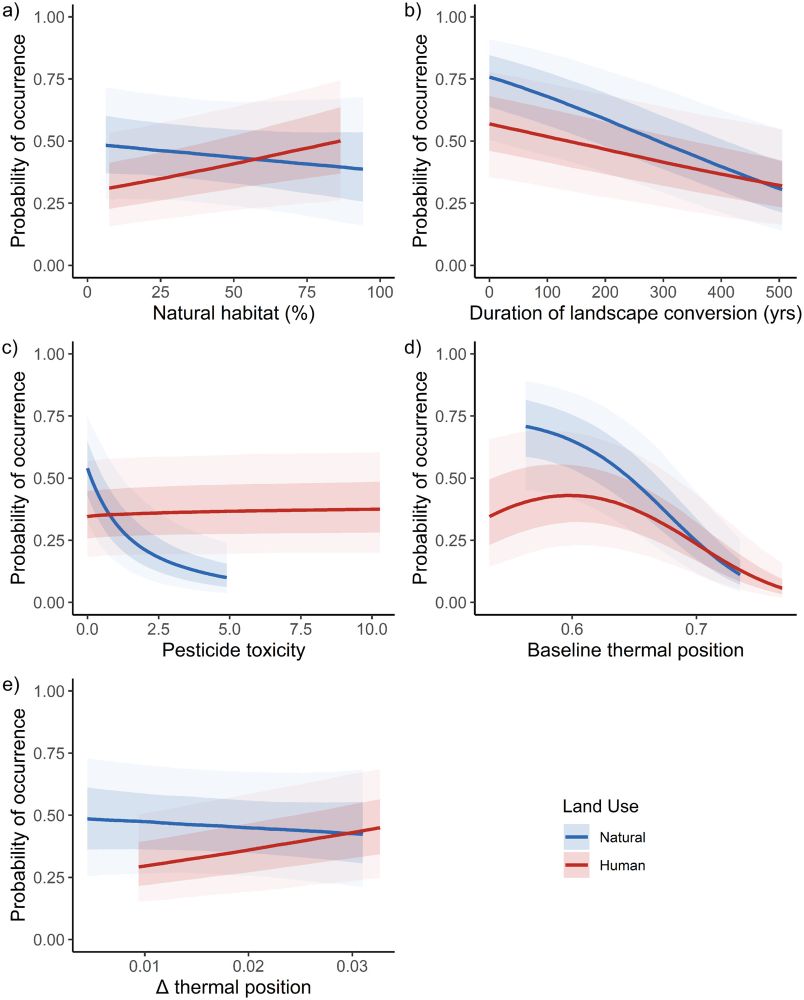

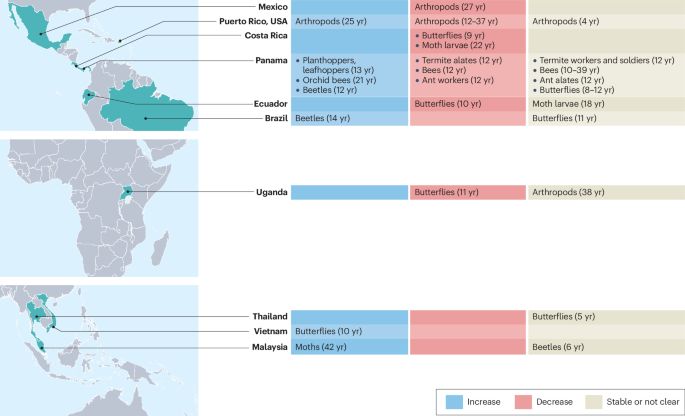
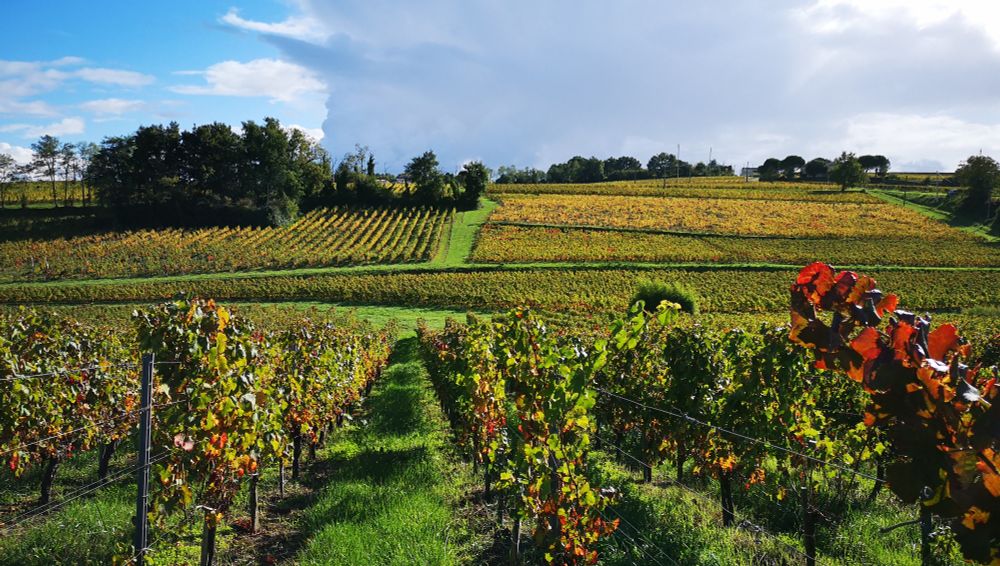
Dr Chris Wyver @chriswyver33.bsky.social explains just how easy it is to get involved with the #FruitWatch 2025 project.
Just take a photo of a fruit tree in your area that is starting to bloom and submit it to fruitwatch.org. 🌸
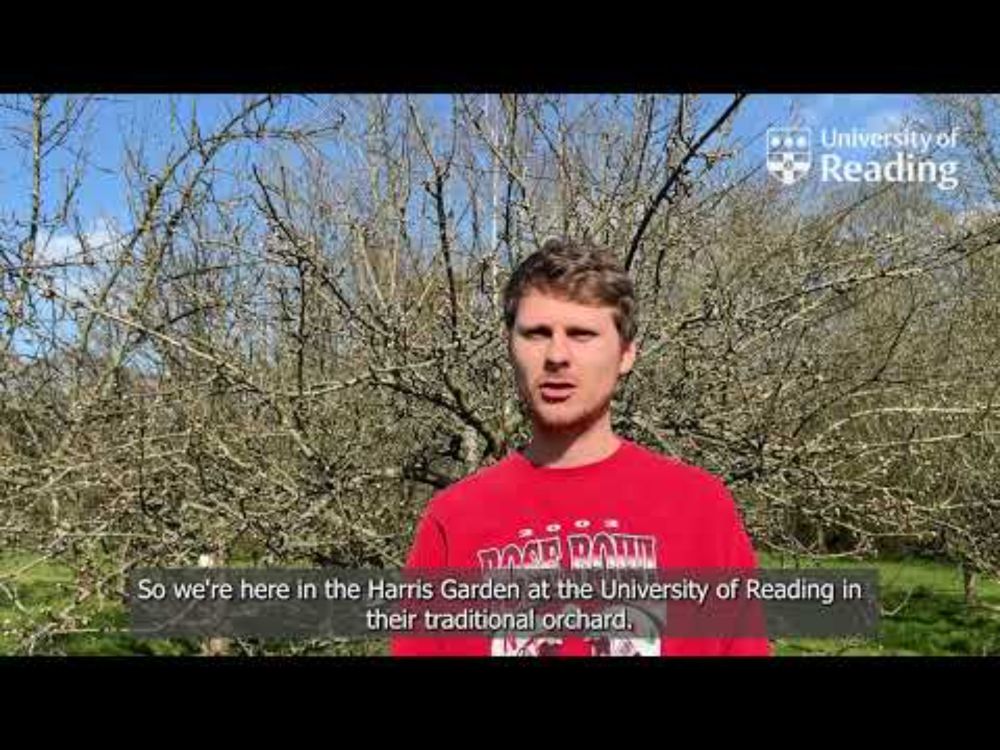
New publication from #ECONOVO on the widespread ecological novelty across the terrestrial biosphere🌱
Read the article here:
www.nature.com/articles/s41...
Key take homes below👇
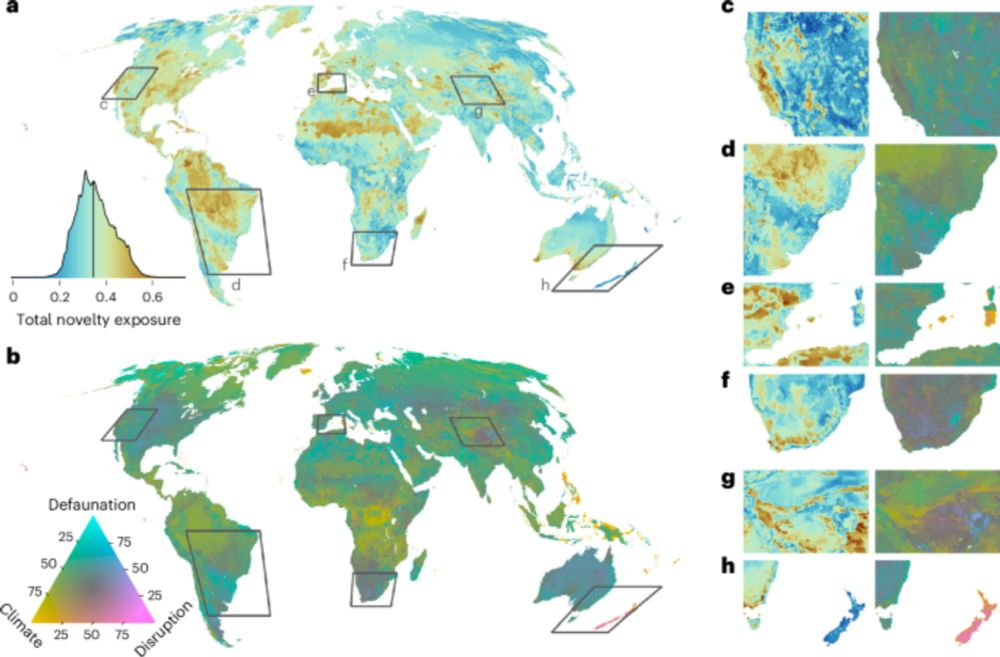
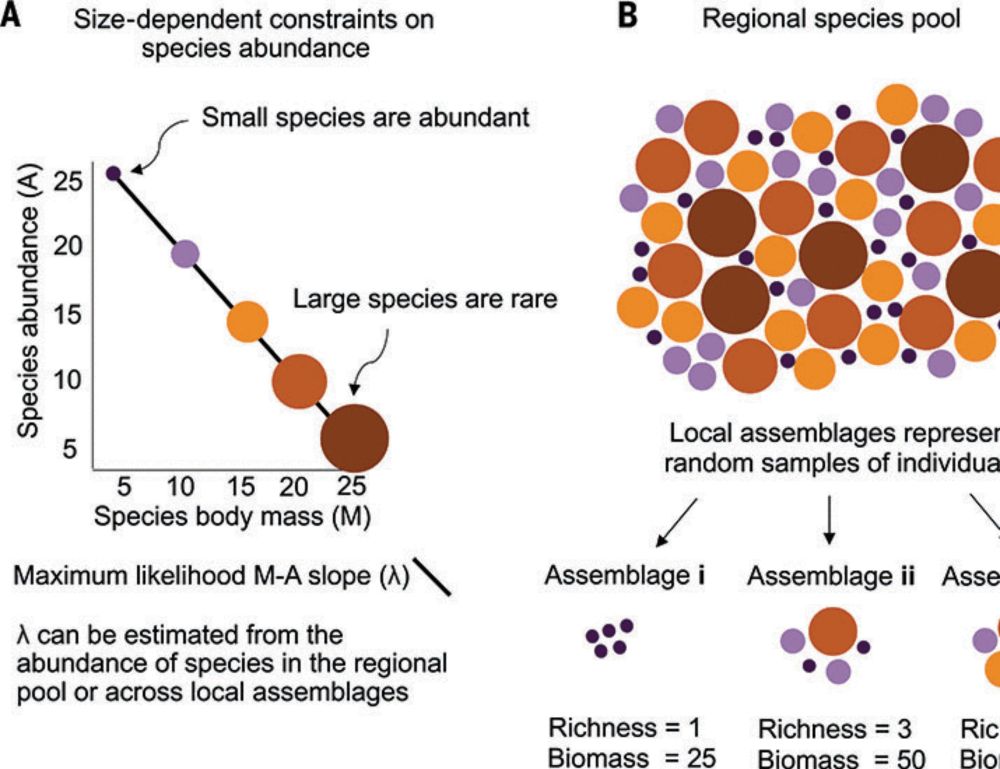

🧪 🌐
rdg.ac/3DnBJ3B

🧪 🌐

go.nature.com/3WD7cWa

go.nature.com/3WD7cWa



📄 https://buff.ly/4gsHdYl
#urbanization #zoonoticdisease #infectiousdisease

📄 https://buff.ly/4gsHdYl
#urbanization #zoonoticdisease #infectiousdisease
www.nature.com/articles/s41...
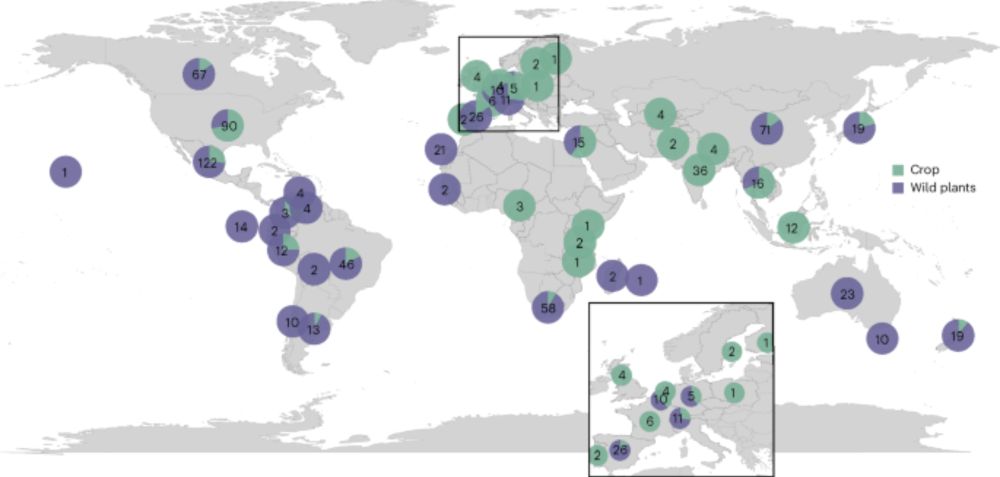
🌐
www.nature.com/articles/s43...

🌐
www.nature.com/articles/s43...
Research Field: Evaluating #pollination and pollinator contributions across the EU
3 years, full-time
Starting 01.06.25
Further information: uni-freiburg.de/stellenangeb...

Research Field: Evaluating #pollination and pollinator contributions across the EU
3 years, full-time
Starting 01.06.25
Further information: uni-freiburg.de/stellenangeb...

#rstats 🌐🌍
besjournals.onlinelibrary.wiley.com/doi/full/10....

#rstats 🌐🌍
besjournals.onlinelibrary.wiley.com/doi/full/10....

Come join us - deadline is soon! 27th Jan!

